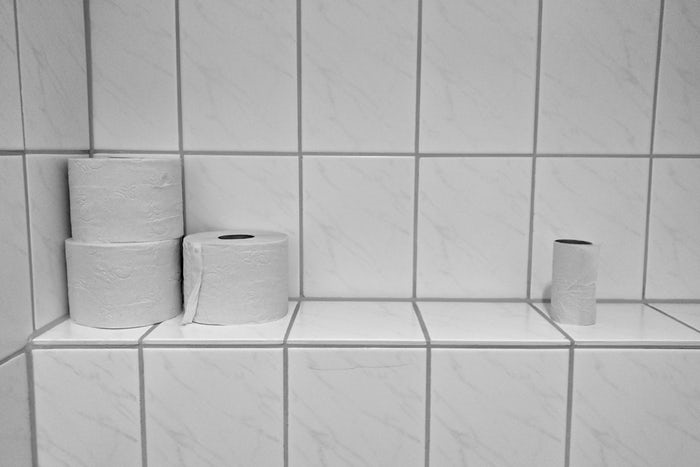You may have seen a lot of news items about period poverty, where lack of money precludes some women from purchasing pads and/or tampons. You may have been shocked to hear that some girls were unable to attend school because they could not afford – or were too worried about their parents’ financial circumstances to ask them – to buy sanitary products. While Foodbanks request donations of pads and tampons, other campaigns, such as Bloody Good Period and Gift Wellness Foundation have been collecting and distributing sanitary products to homeless women, refugees and other vulnerable women. Today, on Menstrual Hygiene Day, The Body Shop have launched an initiative to collect products for Bloody Good Period at some of their stores. A scheme began in 2018 in Scotland to provide sanitary products in schools and Wales and England have recently followed. Unite the Union launched a campaign in 2018 for period dignity, urging employers to make sanitary products freely available in the workplace.
You may be surprised to learn that, at the time of writing, the NHS does not provide free sanitary products for patients, although the government has made a commitment to begin providing them as from July 2019. There is more to period poverty than money, however, as the organisers of Menstrual Hygiene Day hope to convey.

The cost of period poverty
Increased awareness of the potentially prohibitive cost of feminine hygiene products has brought the related costs of not having access to these products into sharp focus. GPs have reported increased rates of urinary tract infections resulting from the use of toilet roll or other makeshift solutions and/or prolonged use of specially designed products (increasing the risk of toxic shock syndrome). As well as health implications, lacking access to these products can disrupt education and employment. And then there is the negative impact on women’s dignity. The World Health Organisation defines dignity (in mental health) as:
Dignity refers to an individual’s inherent value and worth and is strongly linked to respect, recognition, self-worth and the possibility to make choices. Being able to live a life with dignity stems from the respect of basic human rights including: >Freedom from violence and abuse;
>Freedom from discrimination;
>Autonomy and self-determination;
>Inclusion in community life; and
>Participation in policy-making
Earlier this year, we blogged about how Liz Hughes, along with other members of MHNAUK and the Twitter community, issued a call for period dignity in “Seeing Red!”: Why We need Menstruation Awareness in Mental Health Services. The report highlights the challenges of managing menstruation in an unfamiliar setting, where you may not have the resources (or access to them), and documents some of the distressing and degrading experiences recounted by service users. Liz and her fellow authors call for the provision of sanitary products – which has been addressed – but also for more open discussion around menstruation in mental health settings and how mental health nurses can support this.
Mental Health Research in Leeds: Promoting safe, effective and therapeutic mental health care
Liz’ commitment to raising awareness of period poverty and stigma in mental health is just one example of how dignity is at the heart of our research endeavours in the Mental Health Research Group. For us, dignity and safety are intertwined: to protect and promote service user safety and reduce physical and mental harm is to actively demonstrate an individual’s worth. Through our research, whether our focus is on identifying ways to reduce restrictive practices (COMPARE & CONTRAST) or inequality and discrimination (asking about sexual identity), or examining how effective sexual assault referral centres are for people with mental health problems (Mimos Study, blog coming soon) or what happens when service users raise concerns about quality and safety (Mary Smith’s PhD research), our ultimate goal is dignity. Period.
